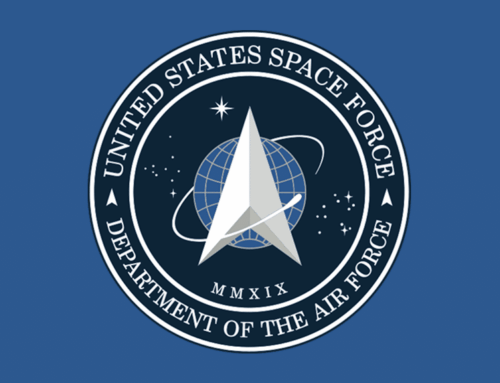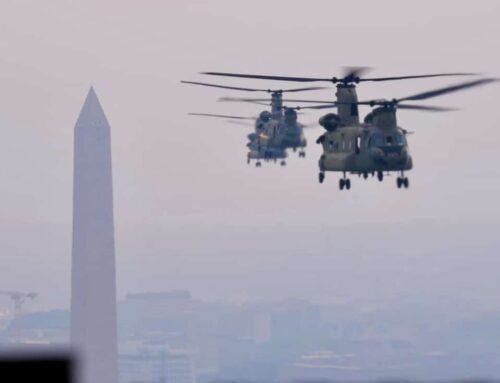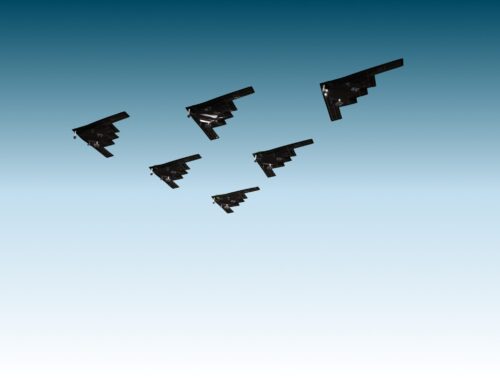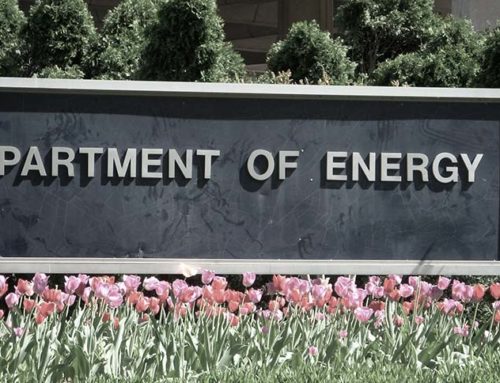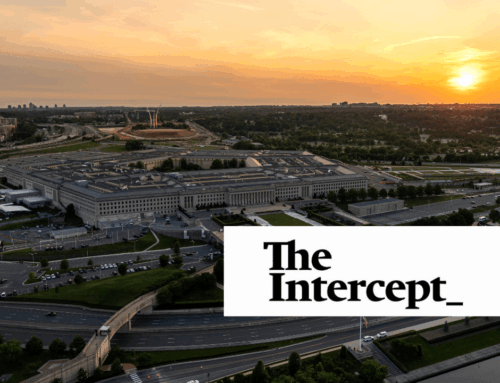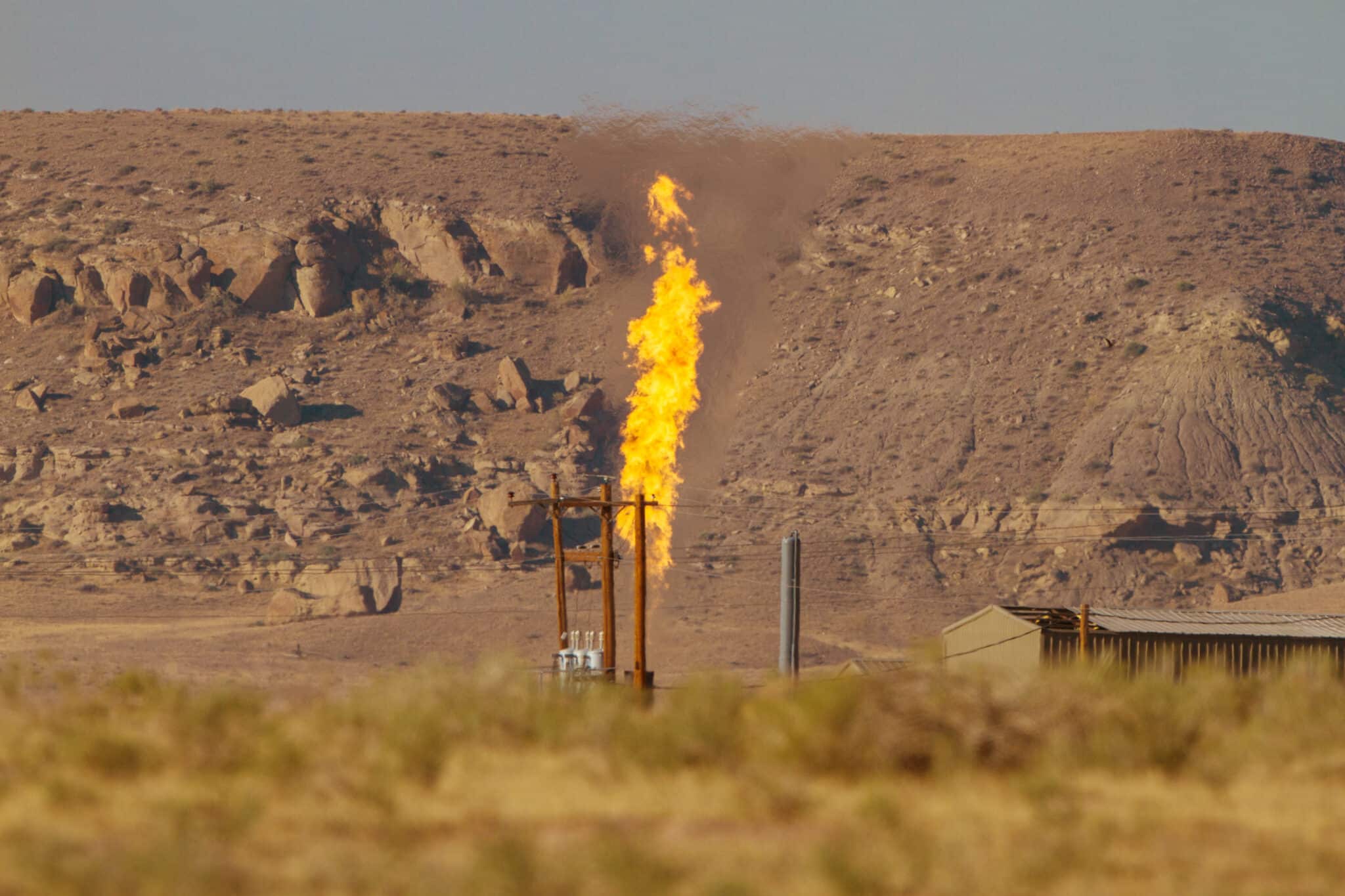It goes without saying that the course of U.S. military policy will be profoundly impacted by the September 11th terrorist attacks on the World Trade Center and the Pentagon. As the country's leaders chart the course of our nation's defense strategy, the emphasis placed on developing a National Missile Defense (NMD) system should reevaluated.
Most experts concede that no missile defense system could have stopped the attacks, but proponents continue to fight for NMD even though the system would not have saved one life. Nor is there any current evidence that NMD could destroy an incoming missile from a “rogue state,” such as North Korea as it is intended to do.
Each system of missile defense is still in the early stages of development. The ground-based interceptor, the most advanced system, is four years away from beginning operational testing. It will take years and billions of dollars to determine if any system will be effective.
If past is prologue, officials can expect even more delays in testing that will push back possible implementation of a system and increase costs. A July test of NMD was originally scheduled for May 2000, then postponed until January 2001, until finally being conducted two months ago.
Despite these concerns, a Senate committee last week approved the president's request for $8.3 billion for missile defense for next fiscal year — a $3 billion increase over this fiscal year's funding. Similarly, the House on Wednesday approved $7.9 billion for missile defense as part of the $343 billion defense authorization bill.
Recognizing that incoming missiles from “rogue states” are not the nation's most imminent threat, the Senate did give the President the authority to spend $1.3 billion of the money set aside for missile defense to combat terrorism and the House designated $400 million for anti-terrorism efforts. In all, Congress has approved about $6 billion for improved counter-terrorism efforts – a total amount that is substantially less than either chamber approved for missile defense.
Now, more than ever, America needs a national defense strategy that works. As defense officials and lawmakers begin to separate the wheat from the chaff, the Administration's plan to spend tens of billions on national missile defense (NMD) should face special scrutiny.
The only thing that missile defense system provides is a false sense of security. A belief that this overpriced and faulty security blanket can keep our nation from harm's way is not only wrong, it is dangerous

